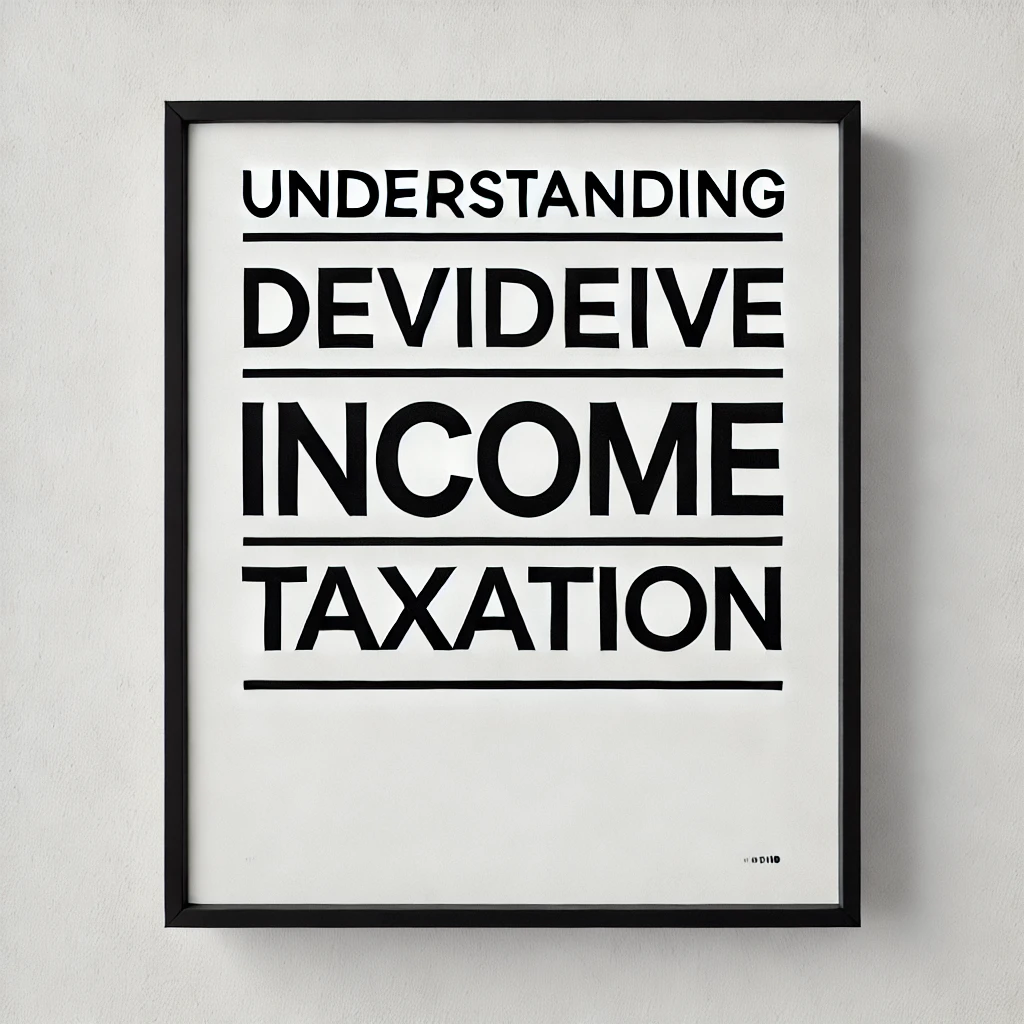
Introduction
Derivatives trading has become a common form of investment, but its taxation often raises questions for traders. Under Section 43(5) of the Income Tax Act, 1961, derivatives transactions executed on recognized stock exchanges are classified as non-speculative transactions, provided they meet specific conditions. Understanding how non-speculative income is taxed is crucial for traders to ensure compliance.
This blog provides a detailed explanation of non-speculative income from derivatives and its tax treatment.
What are Derivatives?
Derivatives are financial contracts whose value is derived from an underlying asset, such as stocks, commodities, currencies, or indices. Common types of derivatives include:
- Futures Contracts: Agreements to buy or sell an asset at a predetermined price on a future date.
- Options Contracts: Contracts granting the right, but not the obligation, to buy or sell an asset at a specified price before a certain date.
Non-Speculative Transactions in Derivatives
According to Section 43(5), a transaction in derivatives is classified as non-speculative if it meets the following conditions:
- Traded on a Recognized Stock Exchange: The transaction must occur on a stock exchange recognized by the Securities and Exchange Board of India (SEBI).
- Settlement via Bank Channels: Transactions must be settled electronically through bank accounts or clearinghouses.
Tax Treatment of Non-Speculative Income
- Classification as Business Income:
- Non-speculative income from derivatives trading is treated as business income, whether the taxpayer is a trader or an investor.
- Tax Rates:
- For individuals: Taxed at slab rates.
- For companies: Taxed at the applicable corporate tax rate.
- Set-Off and Carry Forward of Losses:
- Non-speculative losses can be set off against other business income.
- Unadjusted losses can be carried forward for 8 assessment years and set off against future business income.
Compliance Requirements
| Requirement | Details |
|---|---|
| Maintenance of Books of Accounts | Taxpayers must maintain books of accounts under Section 44AA if turnover exceeds ₹1 crore. |
| Tax Audit | Tax audit under Section 44AB is required if turnover exceeds ₹10 crore (with digital transactions). |
| Filing Income Tax Returns (ITR) | Derivatives income must be reported under ITR-3 for individuals with business income. |
Calculation of Turnover for Derivatives Trading
Turnover in derivatives trading is calculated as:
- Absolute Profits and Losses:
- Total of all profits (absolute) and losses incurred during the year.
- Premiums on Options:
- Include option premiums received or paid.
- Reverse Trades:
- Add differences in reverse trade positions.
Example of Taxation
| Details | Amount |
|---|---|
| Profit from derivatives | ₹3,00,000 |
| Loss from derivatives | ₹1,00,000 |
| Net Income | ₹2,00,000 (taxed as business income) |
| Loss carry forward | Allowed for 8 assessment years to adjust against future business income. |
Differences Between Speculative and Non-Speculative Income
| Aspect | Speculative Income | Non-Speculative Income |
|---|---|---|
| Nature of Transactions | Intraday equity trading with no delivery. | Derivatives traded on recognized stock exchanges. |
| Tax Treatment | Classified as speculative business income. | Classified as non-speculative business income. |
| Loss Set-Off Rules | Can only be set off against speculative gains. | Can be set off against other business income. |
| Carry Forward Period | 4 years | 8 years |
Judicial Precedents
1. CIT v. Shri Bharat R. Ruia (HUF) (2011) 337 ITR 452 (Bom HC)
- Confirmed that derivatives traded on recognized stock exchanges are non-speculative in nature under Section 43(5).
2. ITO v. Rakesh Gupta (2019) (Delhi ITAT)
- Emphasized that taxpayers must substantiate derivatives income with proper documentation and broker statements.
FAQs
1. Is derivatives trading considered speculative?
No, derivatives trading on recognized stock exchanges is classified as non-speculative under Section 43(5).
2. Can derivatives losses be set off against salary income?
No, derivatives losses can only be set off against other business income.
3. Do I need to maintain books of accounts for derivatives trading?
Yes, if your turnover exceeds the prescribed threshold under Section 44AA.
4. How is turnover calculated for derivatives?
Turnover is the total of absolute profits and losses, including premiums received or paid for options.
5. Is a tax audit required for derivatives income?
A tax audit is required if your turnover exceeds ₹10 crore (digital transactions) or ₹1 crore (cash transactions).
Conclusion
Non-speculative income from derivatives is an essential category of business income that requires meticulous record-keeping and compliance. By understanding its classification, taxation, and compliance requirements, traders can avoid tax disputes and optimize their filings. Engaging with a tax professional can further ensure accuracy and adherence to legal provisions.
Additional Resources
Learn more about Tax Provisions on the official Income Tax India website.
Want to consult a professional? Contact us: 09463224996
For more information and related blogs, click here.
Contents
- 1 Introduction
- 2 What are Derivatives?
- 3 Non-Speculative Transactions in Derivatives
- 4 Tax Treatment of Non-Speculative Income
- 5 Compliance Requirements
- 6 Calculation of Turnover for Derivatives Trading
- 7 Example of Taxation
- 8 Differences Between Speculative and Non-Speculative Income
- 9 Judicial Precedents
- 10 FAQs
- 11 Conclusion
